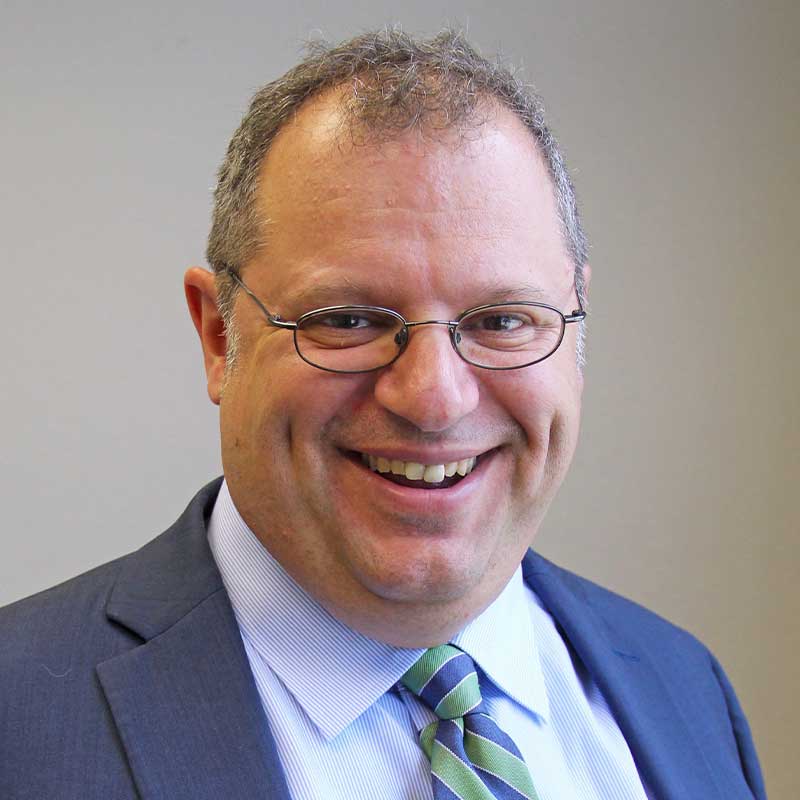As a counselor during COVID times, I have heard many of my clients say, “I going stir-crazy!” Between having an overabundance of free time (aka boredom) and coping with increased stress, many are not sure how to cope with the current situation.
At the same time, most states are in the process of re-opening the leisure industry. Yet, many people feel it is still safer to stay home. They are concerned for their own health and want to prevent the spread of COVID-19.
Some people are experiencing depression. In some cases, people have been laid off and now spend most of their day bored and overwhelmed by fear-based thoughts. While we cannot wish away the pandemic, we can use tools to build positive emotion that can also distract you from worry and stress.
Develop a Home-Based Optimal Leisure Lifestyle (aka get a hobby)
First, develop a home-based optimal leisure lifestyle (OLL) that includes serious, casual, and project-based leisure. What does that mean? It is as simple as having a hobby and doing things that are enjoyable and fill space in your day.
Developing a leisure lifestyle will provide moments in your day for positive emotion. This provides a psychological breather from going stir-crazy and brain-numbing boredom. To learn more about OLL, visit the Serious Leisure Perspective.
Research demonstrates that people can remedy stress if they find a hobby (serious leisure), laugh more (casual leisure), and engage in meaning-making activities (project-based leisure). So, where do you start?
Serious Leisure
As mentioned above, serious leisure is centered on special skills, knowledge, and experience that take time to develop. Often, this is referred to as a hobby and is based on mastery gained by hard work and much effort.
My youngest son has taken the extra free time he now has and developed purchased a watch repair kit. He’s currently tinkering away and on his path to becoming a master at repairing old watches. I am learning how to play the harmonica to Bruce Springsteen songs.
Is there something that you have always thought about trying? Maybe a new crafting skill or gardening? The internet is rich with how-to blogs, videos, and communities of people who will welcome and mentor you in your new hobby. Get Googling and find your inspiration!
Casual Leisure
Unlike serious leisure, casual leisure includes short-lived activities that require little or no specialized training or effort. My wife and I are watching comedies and documentaries on Netflix. There’s no time like a pandemic to find a new favorite show! Or pick up a new book series and (virtually) escape the four walls of your home for a bit.
Project-Based Leisure
Project-based leisure is a short-term, one-shot or occasional creative undertaking. My wife is serving her community through sewing projects and volunteering at a local nonprofit. She is able to give back and stay busy at the same time. It’s a win-win for all!
When our kids were young, we had them each pick a leisure learning project each week. Often it was insects, and we all had fun as we learned. Just like serious leisure, you can use the internet to find projects in your community. Like my wife has found, nonprofit organizations are often more than happy to welcome your support.
Create a Schedule
Now that you have all of these fantastic new activities, it’s time to create a daily schedule. This will keep you focused (and help remember what day of the week it is).
Your schedule should include organizing your free time to engage in:
- One serious leisure activity (e.g., start a new hobby like digital art, nail painting, cartoon drawing, or bird watching),
- One casual leisure activity (e.g., reading, exploring new musical genres, watching comedies, hanging out with friends virtually), and
- One project-based leisure activity (e.g., sewing masks for healthcare workers, volunteering at an animal shelter or helping a nonprofit).
Creating a daily schedule is simple and can go a long way to helping you feel grounded. Getting yourself more active and involved in life by scheduling activities can improve your mood. Looking for some additional ways to find happiness amidst the pandemic? Check out “Relax, Sit Back and Enjoy Life” by my colleague, Catherine Norwood, LMHC.
Additionally, you can check out our self-guided mindfulness course. To view all of our self-guided courses, visit selfhelp.strengthenu.com.




